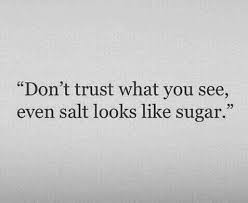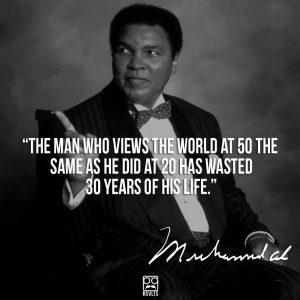
Dressing The Part … Does This Include Body Art?
You have your way. I have my way. As for the right way, the correct way, and the only way, it does not exist.” ―Friedrich Nietzsche
Many people express their identity through the clothes and accessories they wear. These days, this often includes piercings and tattoos. But, does that mean social stigmas cease to continue for those who wear a stud in their face or sport a rather large snake tattoo coiled about their arm? Not entirely, yet it’s fairly common among a growing and varied population to look less conventional. Work dress-codes have evolved over time but they can differ considerably across organizations. This means that it’s important to know what the standard is in your professional environment when it comes to making a decision to alter your appearance.
“I am a canvas of my experiences, my story is etched in lines and shading, and you can read it on my arms, my legs, my shoulders, and my stomach.” ― Kat Von D
Personally, I think it’s great that we have such a diverse looking society, where pink hair no longer elicits shock or a bit of ink on someone’s body doesn’t imply that person lives on the fringes of society. It’s becoming normal to see your server fashion a sleeve tattoo or to see a nurse with a rather distinct haircut while also donning some awesome piercings. Even in administrative workplaces, underneath the pristine white work shirts, many employees will have had work done that they show off outside of their job. It’s easy to assume that you have the freedom to look how you want, but in every occupation, employees and managers alike must adjust to taking on a role and appearing appropriate for that part.
Being realistic about your personal and professional appearance is not conforming it’s maturely adjusting to the situation.
We all get that dressing for the workplace isn’t always consistent with our favourite fashion choices. Consequently, when prepping for an interview or the first day on the job one usually purchase’s a professional outfit separate from what they’d wear in their personal lives. But does that mean you need to take out facial piercings or constantly cover up that rose on your arm? It depends on the organization’s dress code policies. If you are going for an interview you may want to find out what the dress codes are, and make a decision if this company is right for you based on their guidelines. You will also want to understand your rights and the validity of certain dress codes. If you missed it, you may wish to read the section “Can an Employer Prohibit Tattoos and Piercings?” from a previous blog post called “The Interviewee with the Dragon Tattoo.”
Here are 6 things to consider before getting any visible body art:
- Is the tattoo appropriate for most contexts? Is it a neutral image like a flower or feather? Or could the potential tattoo design be perceived as distasteful, shocking, or threatening?
- Could a visible piercing/tattoo diminish or devalue you in the eyes of your work peers or superiors? Despite the current popularity of body art in many social contexts, professionally it could encourage undue prejudice towards your work ethic and suitability.
- Do you work with face-to-face clients or customers? And if so, consider the demographic(s) that is served by the organization(s) where you may work.
- Are you willing to cover up the body art? Keep in mind that seasonal professional attire may expose your body art. It might be fine to wear that white long sleeve blouse or a suit in the winter, but in summer when other co-workers are able to wear more summery clothing you may feel obligated to keep covered up.
- Consider your professional trajectory. Where do you see yourself in 5 years? Is it the same job? The average person changes jobs/careers up to 7 times in their lifetime. Will your look be “portable” enough to carry you through these various positions? Are you prepared to adjust your look to fit these different roles? How will you feel if “future you” is denied an employment opportunity because of body art?
- Ask yourself, if it came down to a choice between body art and your ideal career path, which do you value more? If personal expression through body art is extremely important to you, then it may be best to find career paths and workplaces that are better aligned to this form of personal expression.
About the writer




